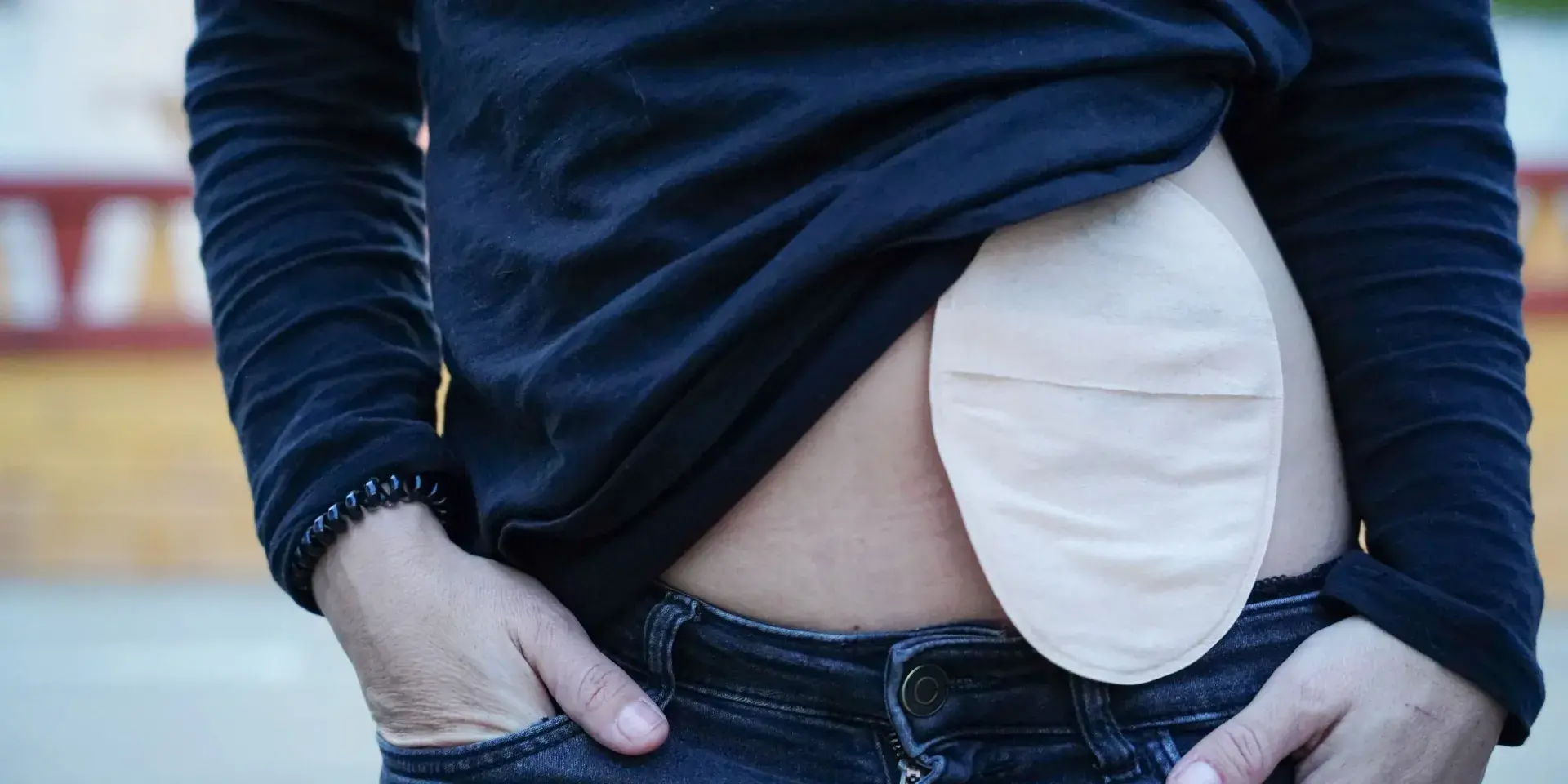The number of patients using so-called advanced therapies – medicines designed to target a specific part of the immune system – to tackle ulcerative colitis rose rapidly between 2004 and 2023, accompanied by a dramatic drop in surgical interventions.
The recent expansion in new therapies provides patients with a more personalised approach to treatment and long-term management of their condition, experts say.
Innovative therapies
More than 300,000 people in the UK live with ulcerative colitis, a long-term condition where the colon and rectum become inflamed.
When drugs fail to control the inflammation, patients can undergo a colectomy to remove the large intestine, a major life-changing procedure resulting in the use of stoma bags to collect stools.
Breakthroughs in novel therapies have led to a substantial increase in the number of medicines to treat ulcerative colitis in recent years. These advanced therapies target the immune system to help control inflammation, better managing progression of the condition and reducing the need for surgery.
Researchers at the University of Edinburgh examined prescribing and colectomy trends across two decades, from 2004 to 2023, for the Lothian IBD Registry – a database including nearly all ulcerative colitis patients treated by the NHS Lothian Health board.
Treatment trends
The number of patients living with the condition more than doubled in the Lothian region between 2004 and 2023, rising from two in 1000 people to four in 1000 people. 4115 patients with ulcerative colitis were recorded in 2023.
A total of 720 patients were prescribed an advanced therapy over the study period. This increased from zero patients in 2004 to 115 patients in 2023.
Researchers identified 563 patients who had a colectomy over the same time period, with the number of patients receiving surgery dropping from 42 in 2004 to only seven in 2023.
Statistical analysis of the findings suggests 2013 was a key turning point, when the prescribing of advanced therapies significantly increased and the rates of colectomy began to decline simultaneously.


